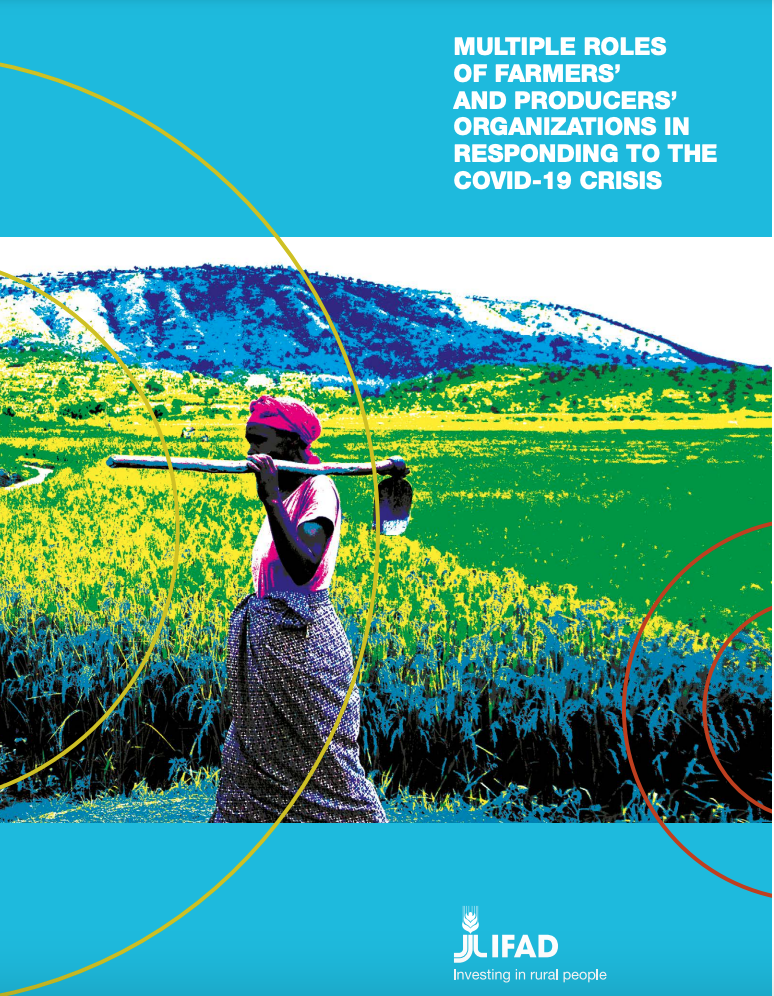Multiple roles of farmers’ and producers’ organizations in responding to the Covid-19 crisis

Farmers’ and producers’ organizations (FOs) have been both weakened and strengthened by the crisis caused by the COVID-19 pandemic. Weakened because nothing is more contrary to the associative dynamic than physical distancing; by reducing the circulation of people and exchanges, the global pandemic has severely tested associations in their deepest vocation, which is to forge ties. Strengthened because they were able to show that they were an indispensable tool in the hands of rural populations and a valuable partner of the authorities and technical and financial partners in dealing with crises. The COVID-19 pandemic has hit rural populations very unevenly in different parts of the world. In some countries, the disease has taken a heavy toll on family farms. However, it was often the measures adopted by governments to limit the spread of the virus that affected producers the most. These measures, which were similar everywhere, were applied to varying degrees: border closures, travel restrictions and the limiting of meetings. In most cases, governments sought to preserve the agricultural sector as much as possible, recognizing its vital role in the country. Nonetheless, there have been multiple disruptions upstream and especially downstream in the agricultural sectors. Restrictions on movement have resulted in a slowdown, or even a temporary halt, in the collection of agricultural products. Market, restaurant and school closures and the halt in tourism meant that farmers often found it difficult to sell their produce. For the most vulnerable groups, whose survival depends on their agricultural and non-agricultural activities, the consequences for income and food supply may have been dramatic.